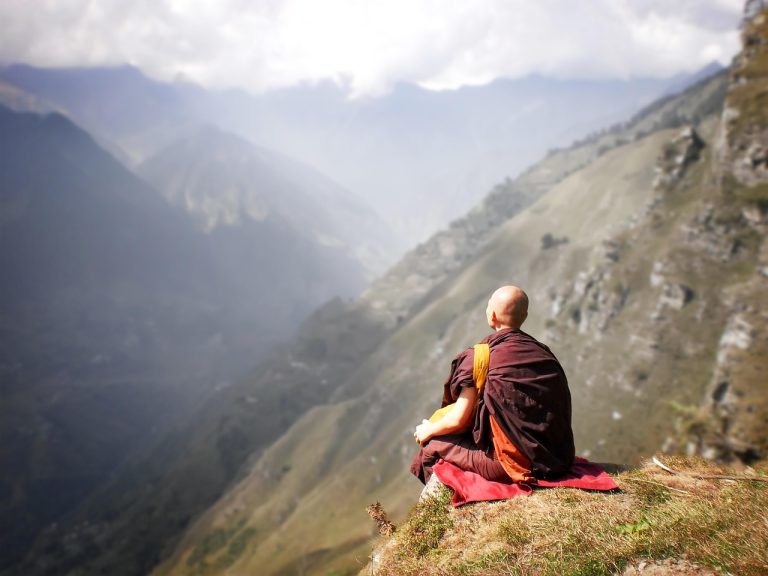Burma, officially known as Myanmar, continues to garner international attention in 2025 for its complex humanitarian, political, and economic challenges. In recent months, headlines have centred on the worsening crisis brought about by military rule, responses from the UK government, and new developments that affect both local communities and global affairs.
The Ongoing Humanitarian Crisis
Myanmar remains in crisis after the military coup of February 2021. The country has experienced escalated conflict and serious human rights violations, including mass displacement, arbitrary detention, and repeated incidents of torture and abuse within detention centres. The Independent Investigative Mechanism for Myanmar (IIMM), mandated by the UN, recently reported “systematic torture” in military-run facilities: beatings, electric shocks, sexual violence, and extrajudicial executions. Their annual report points to the intensifying civil war, which has forced millions to flee and left over 22 million civilians in need of aid following a series of devastating shocks, most recently the March 2025 earthquake.
International organisations estimate the 7.7 magnitude earthquake in central Myanmar killed nearly 4,000 people and left thousands more without shelter, access to food, or medical care. UK aid reached 15,000 of those affected, and further humanitarian funding was announced to ensure delivery where access is restricted.
Political Developments and “Sham Elections”
Burma’s political landscape remains volatile. The ruling junta declared an end to the unconstitutional state of emergency on 31 July, handing power to the SSPC—widely seen as a superficial reshuffling of military rule. Planned elections for December 2025 and January 2026 have been denounced by ASEAN and international observers as “sham” exercises designed to legitimise military control and suppress the democracy movement. New laws threaten harsh penalties—including the death penalty—for those opposed to the election process, and increased online censorship targets activists and journalists.
These moves are condemned by human rights organisations and the UK government, which has consistently called for a return to civilian rule since the coup. Sanctions against military-linked entities have intensified, and targeted support to the pro-democracy movement, ethnic parties, and civil society groups continues.

Human Rights and Ethnic Minorities
The situation for ethnic minorities, especially Rohingya and groups in Rakhine, Shan, and Kachin States, remains dire. Reports of mass displacement and military violence have multiplied, with humanitarian crises exacerbated by blocked aid routes, forced recruitment, and ongoing airstrikes on civilian areas. Since 2017, the UK has provided more than £108 million in aid to support affected communities.
Recent updates document the deliberate targeting of civilian infrastructure, including schools and hospitals. Resistance forces and ethnic organisations maintain control in key regions, but the junta’s martial law and systematic attacks continue to stifle opposition
UK’s Response and International Advocacy
The UK government has played a prominent role in diplomatic pressure and humanitarian assistance. After the March 2025 earthquake, British aid directly supported thousands of Myanmar citizens, and a total of £25 million was pledged for emergency relief.
British lawmakers and campaigners have used parliamentary debates, exhibitions, and public art to highlight abuses and push for accountability. Activists like Zoya Phan and Lord David Alton have urged Parliament to maintain sanctions, support democratic actors, and pressure international bodies to prioritise justice, transparency, and civilian protection.
On the economic front, trade with Myanmar has declined sharply, with UK exports and imports down more than 15% and investment nearly stalling since 2024. Many UK businesses and charities have halted cooperation with military-linked firms, ensuring humanitarian aid does not inadvertently support the junta.
Civil Society and Global Solidarity
Burma Campaign UK and other advocacy groups maintain focus on documenting abuses and advocating policy change. In 2025, their work has included exhibitions in London, new briefing papers, and calls to exclude military companies from earthquake reconstruction profits. The continuing crisis has spurred collaboration across Europe, ASEAN, and the UN to ensure funding reaches affected populations without aiding the government’s military apparatus.
International IDEA and the UN have renewed calls for inclusive political dialogue and support for federal democracy, asking governments not to legitimise sham elections or restore diplomatic relations with military authorities.
Looking Forward: What’s Next for Burma
The outlook for Myanmar in 2025 remains uncertain. Civil resistance, ethnic autonomy efforts, and international advocacy continue to challenge the junta’s legitimacy.
For UK readers, understanding Burma’s crisis is vital—not only as a matter of foreign policy and humanitarian concern, but also as a question of global solidarity and human rights. As media coverage continues, UK support for democratic actors, sanctions enforcement, and humanitarian aid is likely to remain a central issue in British international policy.
As Burma struggles for peace and democracy, the international community’s response—and Britain’s continued engagement—will be crucial to shaping the nation’s future.
Read more: capital


